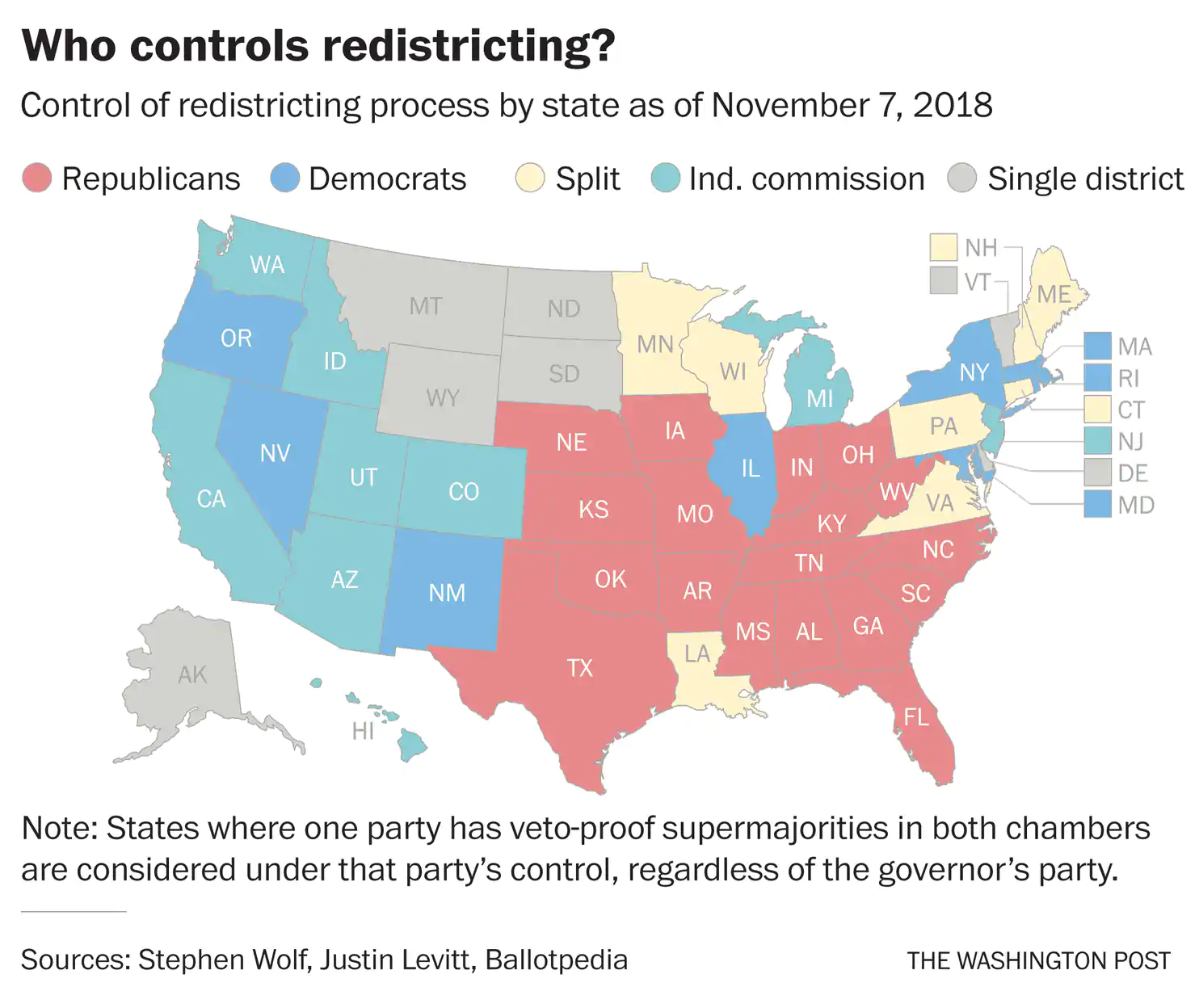
–Ingvar Johansson
Politics, many political commentators and political scientists are claiming has entered a new era: post-truth politics. Where such politics reigns, the question whether in political discussions, seemingly factual assertions, explanations and narratives are true or false is no longer regarded as interesting. Neither among the politicians who speak nor among the public addressed. Mostly, the dawning of the era is proclaimed to be 2016, and I see no reason to contest this. The purpose of this paper, however, is not to discuss post-truth politics as such and its emergence and consequences, but to highlight some of the background factors. Normally, when a new era is in place, much has gone on before and created a basis for it; therefore, in retrospect one may find structures and views that very much look like necessary conditions for it.
Being a philosopher, I will zoom in on academic philosophy. Here is my agenda. First, from a sociological point of view, I think it is possible to identify epistemic atmospheres in a society. Second, in my opinion, there has for some decades now in many regions of the world been an atmosphere that is conducive to post-truth politics; it prevails among both academic and non-academic people, and it exists among both the winners and the losers of the last phase of globalization. Third, epistemic atmospheres can be in harmony or in conflict with simultaneously existing views within academic philosophy, and, unfortunately, there is harmony between the epistemic atmosphere of the last decades and much academic philosophy. Fourth, I will show the wrongness of some of the positions in academic philosophy that live in cognitively peaceful coexistence with post-truth politics; even though some of the philosophers behind the views are emotionally upset by post-truth politics. Fifth, I will say a few words about what I think can be done in relation to post-truth politics.
Three of the four mistakes are fallacies of which I regard the premise as true (a, c, d below), but am confident that the conclusion does not follow, and one is an ontological-semantic blunder (b).What I call the linguistic, the epistemological-semantic, and the sociological fallacy (a, c, d), respectively, are widespread among academics in general. The blunder (b) is mainly a mistake within academic analytic philosophy. My ordering does not reflect an order of importance; it is made only for pedagogical reasons. Below comes a list of the mistakes; the expression ‘truth-and-knowledge talk’ is shorthand for a talk that positively believes in truth and knowledge, these terms taken in a wide sense:
(a)The linguistic fallacy: to talk, to listen, to write, and to read are actions; consequently, since actions are not true or false, one should dismiss all serious truth-and-knowledge talk.
(b) The ontological-semantic blunder: the notion of truth as correspondence is not a philosophically coherent notion; consequently, ordinary truth-and-knowledge talk should not be taken seriously.
(c) The epistemological-semantic fallacy: there can be no certain empirical knowledge and all over-arching empirical theories are probably false; consequently, one should dismiss serious truth-and-knowledge talk.
(d) The sociological fallacy: all empirical knowledge-claims seem to be socially affected; consequently, one should dismiss serious truth-and-knowledge talk.
All truthbearers and truthlikeness-bearers are man-made and socially situated, and no empirical truthbearer or truthlikeness-bearer supplies us with certain knowledge. Nonetheless, in all probability, there are assertions and beliefs that have some degree of truthlikeness to facts that exist independently of the assertions made and beliefs held; such assertions and beliefs are truthlikeness-bearers.
Read the full article here.
Cite as: Ingvar Johansson, Instead of Post-Truth: Man-Made Truthlikeness Bearers, 1 Jour. of Pol. Th. & Philo. 113-126(2017).




Be the first to comment